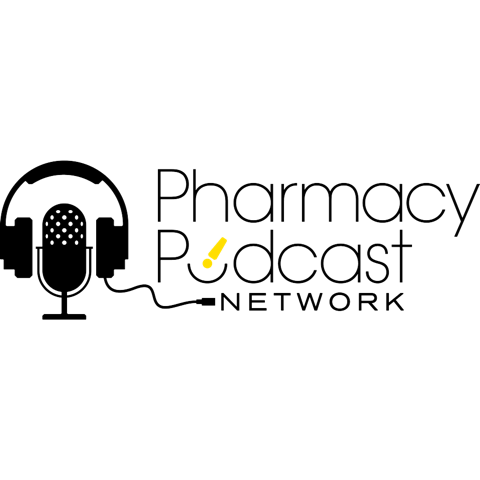
Your Dose of Cannabis Education

Your Dose of Cannabis Education
Only have a minute but want to Learn something every day™? Sign up to receive Your Dose of Cannabis Education, bringing featured content from our course library right to your inbox each day.
Your Dose of Cannabis Education is based on data from the studies and reviews published in the current peer-reviewed medical journals. Whether you are a healthcare provider, patient, caregiver, an individual working in the healthcare sector, or just a curious person, you can benefit from Your Dose of Cannabis Education.
Wake up every morning and get your dose of unbiased evidence-based cannabis education!

 "Data suggest that from 20% to more than 40% of adults with cancer report cannabis use... Regarding modes of cannabis use, participants tended to rely on edibles (65%) or combusted cannabis (51%)...both qualitative and quantitative research suggest that adults with cancer use cannabis and/or cannabinoids for multisymptom management (eg, pain, nausea, vomiting, anorexia, cachexia, anxiety, depression, insomnia), cancer-directed therapy**, and for its euphoric effects." **NOTE: Cannabinoids have NOT been found to be an effective anti-neoplastic agent in humans.
"Data suggest that from 20% to more than 40% of adults with cancer report cannabis use... Regarding modes of cannabis use, participants tended to rely on edibles (65%) or combusted cannabis (51%)...both qualitative and quantitative research suggest that adults with cancer use cannabis and/or cannabinoids for multisymptom management (eg, pain, nausea, vomiting, anorexia, cachexia, anxiety, depression, insomnia), cancer-directed therapy**, and for its euphoric effects." **NOTE: Cannabinoids have NOT been found to be an effective anti-neoplastic agent in humans.
 Yes, according to drugs.com the interaction is classified as moderate: Central nervous system depressant effects may be additively or synergistically increased, especially in elderly or debilitated patients." Sedation and impairment of attention, judgment, thinking, and psychomotor skills may increase... Cautious dosage titration may be required, particularly at treatment initiation."
Yes, according to drugs.com the interaction is classified as moderate: Central nervous system depressant effects may be additively or synergistically increased, especially in elderly or debilitated patients." Sedation and impairment of attention, judgment, thinking, and psychomotor skills may increase... Cautious dosage titration may be required, particularly at treatment initiation." 
 According to an online survey evaluating modes of CBD administration, the most common method of CBD administration was sublingual, followed by vaping, oral ingestion of capsules and liquids, smoking, edibles, and topical administration.
According to an online survey evaluating modes of CBD administration, the most common method of CBD administration was sublingual, followed by vaping, oral ingestion of capsules and liquids, smoking, edibles, and topical administration.
 The conclusions of a survey of 122 chronic pelvic pain female patients indicated that up to 23% report using cannabinoid-based products as an adjunct to their prescribed therapies. The patients use a variety of formulations and doses of cannabinoid-based products, and most report daily or weekly use. Most users report improvement in symptoms, but did acknowledge that side effects are common.
The conclusions of a survey of 122 chronic pelvic pain female patients indicated that up to 23% report using cannabinoid-based products as an adjunct to their prescribed therapies. The patients use a variety of formulations and doses of cannabinoid-based products, and most report daily or weekly use. Most users report improvement in symptoms, but did acknowledge that side effects are common.
 Cancer is listed as a qualifying condition in 100% of the US medical marijuana states. Cannabinoids have been shown to ameliorate some of the symptoms associated with cancer and the side effects associated with some cancer treatments, however, cannabinoids have not been shown to be an effective anti-cancer agent in humans in randomized controlled trials.
Cancer is listed as a qualifying condition in 100% of the US medical marijuana states. Cannabinoids have been shown to ameliorate some of the symptoms associated with cancer and the side effects associated with some cancer treatments, however, cannabinoids have not been shown to be an effective anti-cancer agent in humans in randomized controlled trials.New to TheAnswerPage? There’s lots we’d like to share with you and we don’t want you to miss a thing! Be sure to register today for “Your Dose of Cannabis Education” emails where you’ll gain valuable insights in small doses that fit your schedule and also be provided direct access to the archived daily content.


